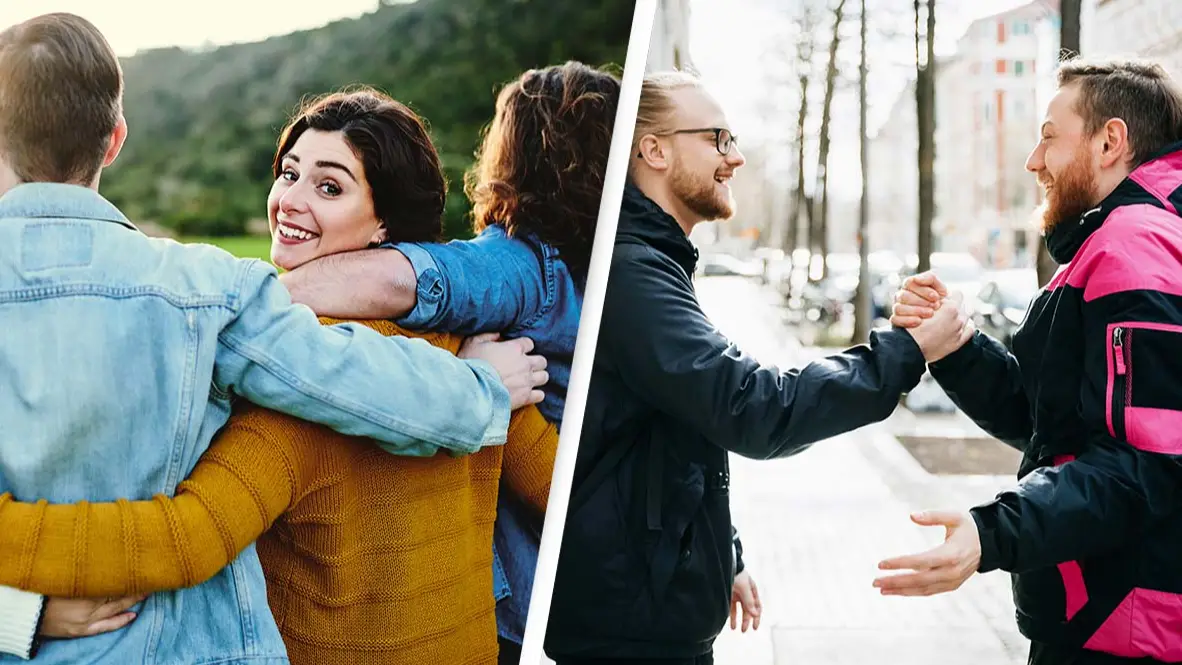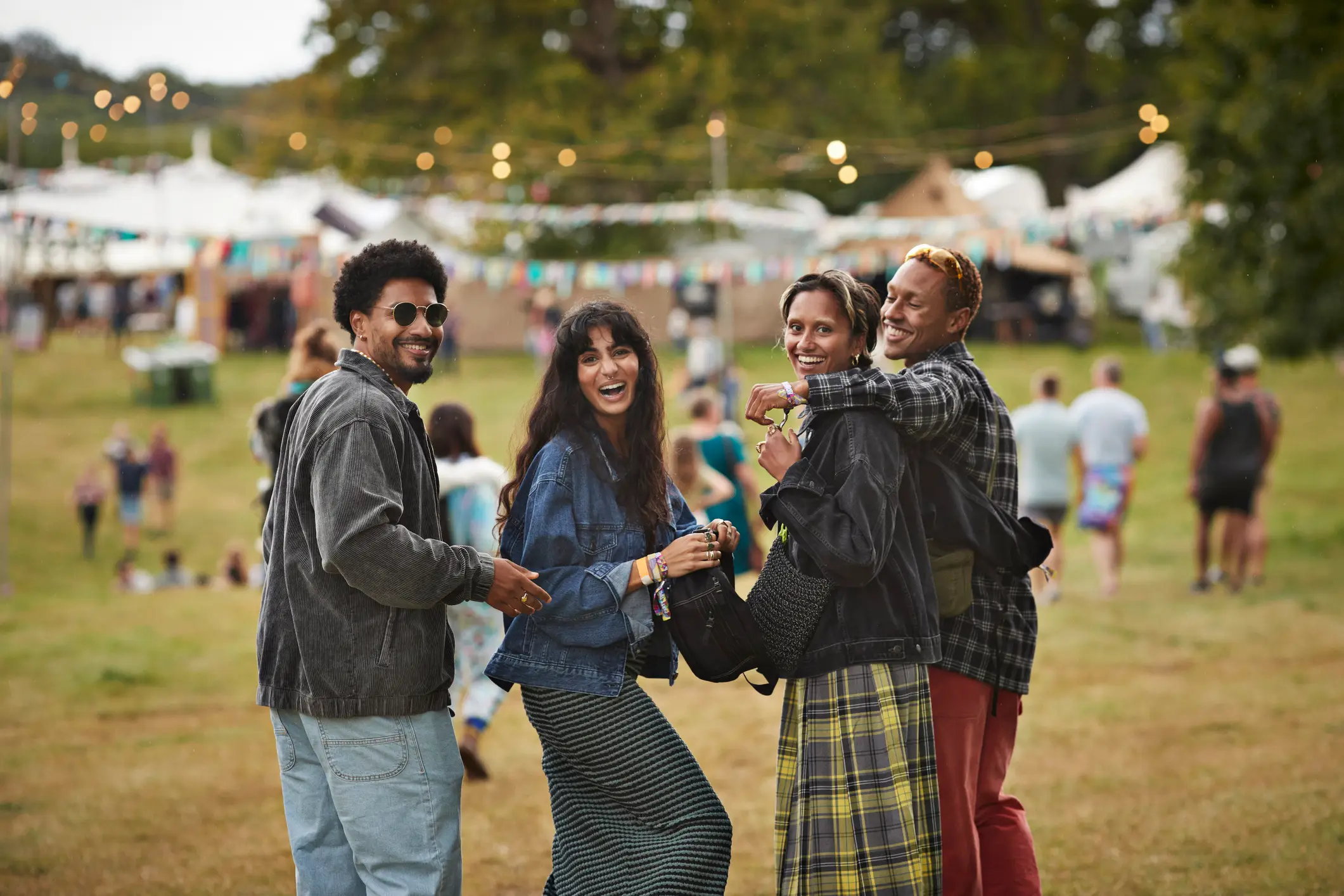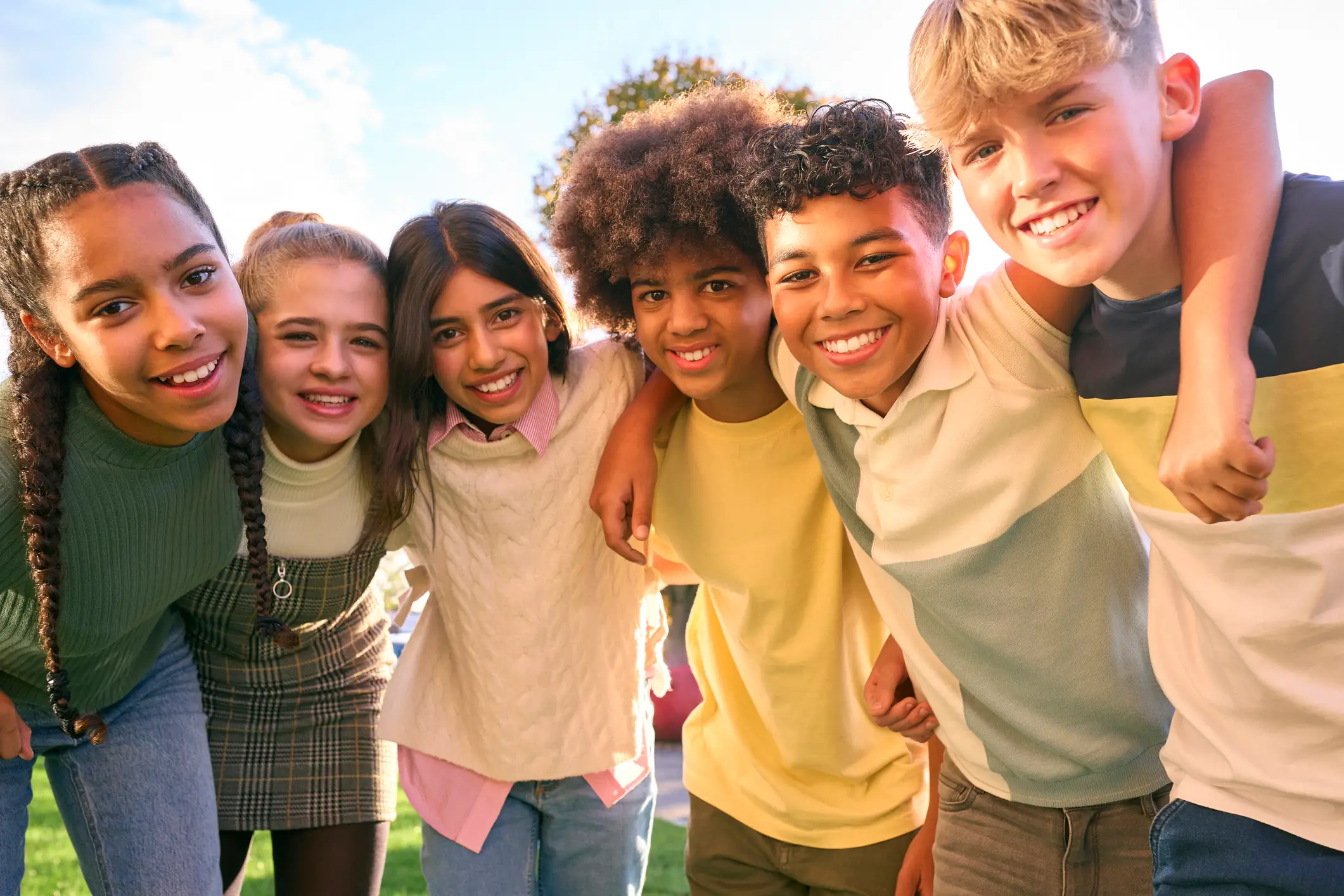
I'm sure we can all agree that having friends is extremely important.
Yes, family is also important, but some studies have suggested that it is friendships that make more of a positive impact on your life - lifespan in particular.
For example, a 2005 study in Australia found that people who had more friends than other participants tended to outlive those with fewer by 22 percent, Inc. reported last year.
A separate study revealed that those with strong social ties had a 50 percent better chance of survival.
Advert

But, as you grow older, you come to learn that friends come and go; but there are a select few that you'll be pals with for all your life. And it all comes down to timing, say experts.
Research has shown that most people will at least maintain adolescent friendships into adulthood, reports The i
In fact, a recent study conducted by the newspaper found that 83 percent of Brits over the age of 30 are still friends with people they befriended at school or college.
As to when 'adolescence' is, it's usually defined as between the ages of 10 to 24.

Apparently, there are good reasons that the friends you forge in that timeframe are more likely to stick with you throughout your life.
Experts have hailed it as a 'critical time'. Sarah-Jayne Blakemore, Professor of Cognitive Neuroscience at Cambridge University, explained: "Adolescence is a critical period for building friendships, and friendships established during adolescence can endure a long time.
"It is a period of our lives in which we undergo large changes in our sense of self, and particularly our ‘social self’ - the way we depict ourselves to other people. This includes what peer group we want to be part of and our social relationships."
The strength of these friendships formed between the ages of 10 to 24 is boosted as 'the brain is wired to give much greater emphasis to new kinds of experience' during this period.
A lot of these experiences will be tied to the friends we did them with, thus they become somewhat engrained into our consciousness.
It's also suggested that the friends you have in that time frame help mould you into the person you become as an adult.

"The brain is particularly plastic and malleable during adolescence, including in 'social brain' regions," said Blakemore.
"This suggests that your social environment, the people around you and your peer relationships might play a role in shaping and moulding the development of your brain."
Andrea Oskis, a Psychology Lecturer at Middlesex University, added: “The likeliest time to make best friends would be adolescence - the time of most biological, psychological and social change. This is the first time we ‘fly the nest’ and is our first opportunity to ‘attach’ to other people...
“It’s this dedicated and purposeful seeking out that’s important for a person to be an ‘attachment bond’, rather than just an affectionate, social bond. Help-seeking is such an important part of an attachment relationship - it’s more than just sharing; it’s about alleviating distress.”
Topics: Community, Life, Psychology, Science